Android 15 features — here’s everything new coming to your Android phone
Android 15 has a lot under the hood
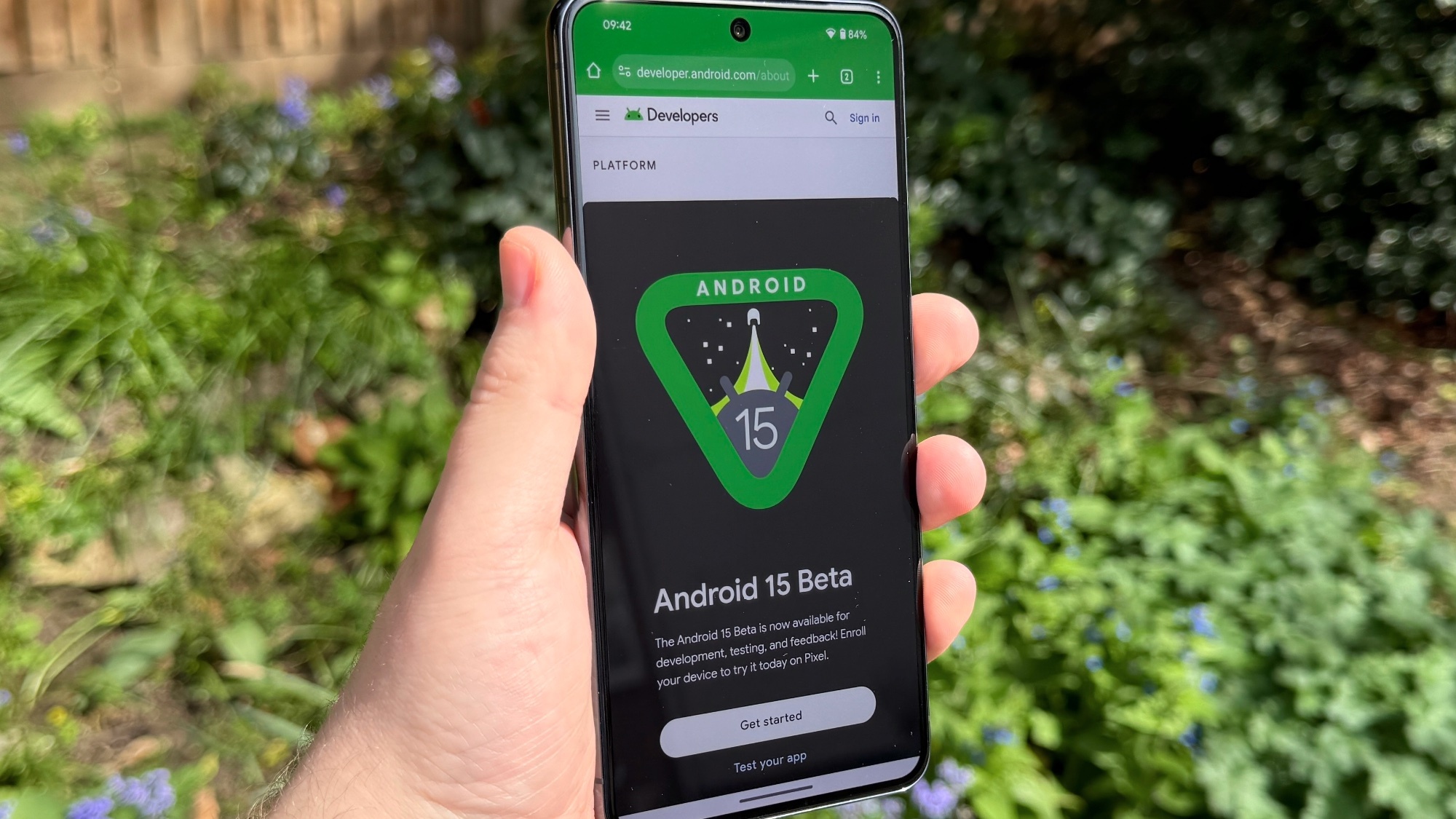
With so much focus on iOS 18, it is easy to forget that Android has been working on releasing its next update, Android 15. That isn’t surprising as Apple’s next OS update has been listed as the biggest the company has ever released. Android 15 meanwhile, appears a lot less impressive, at least initially.
Android 15 may not have any massive new features to blow the competition out of the water, but that’s because it doesn’t need to. The reality is that many of the features from Apple have already appeared on Android devices. As such, this latest update focuses on quality-of-life improvements for nearly every Android phone.
We have compiled a list of all the confirmed features, either by Google or their inclusion in the three recent Beta releases. So far big changes are coming to how we use our Android phones, so let's take a look:
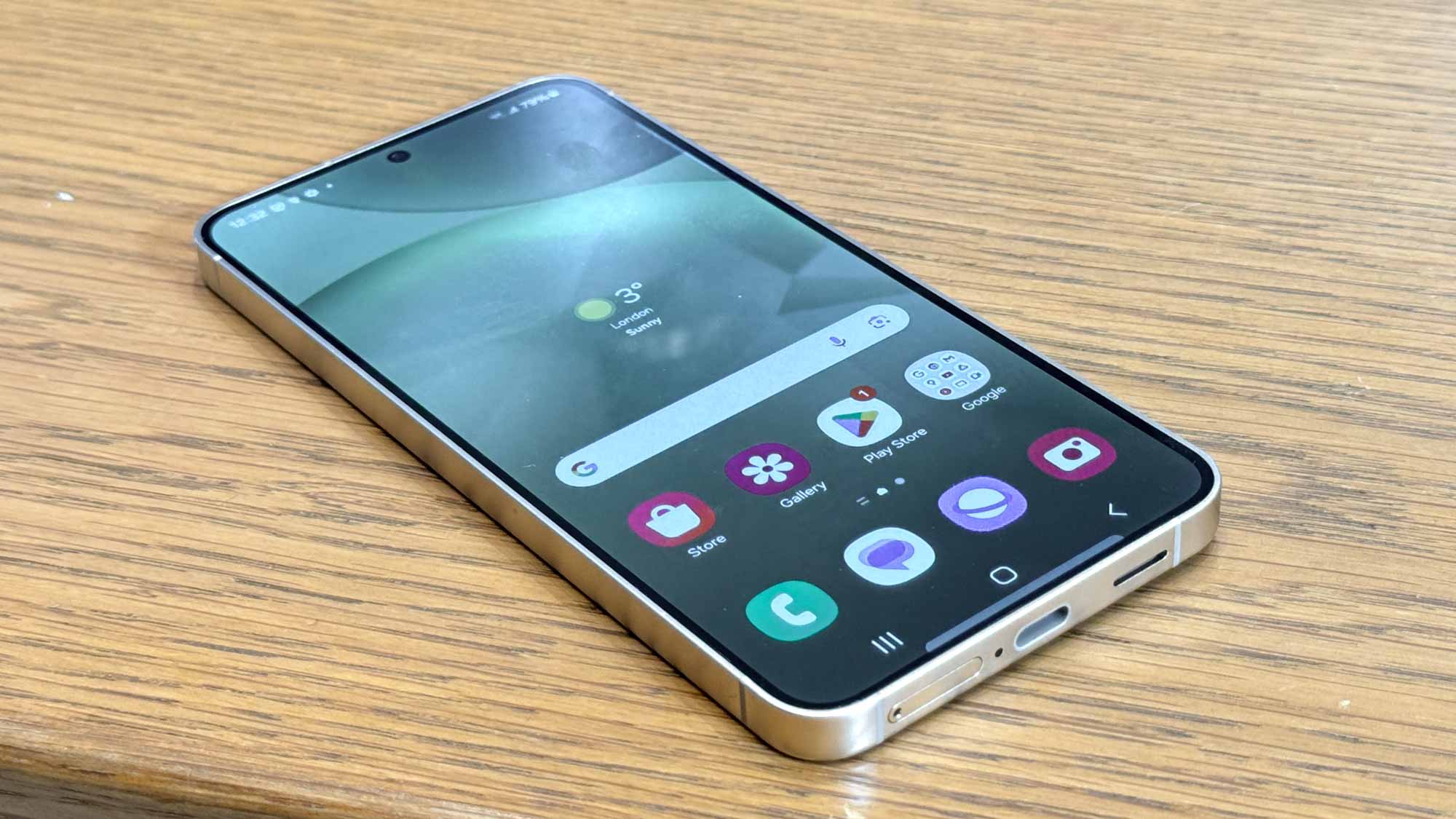
Android 15: Display
Android 15 is seeing some major changes to your phone's display with new color contrast settings allowing users to adjust the contrast of the on-screen text, buttons and even icons to help them stand out more on the screen. Android 15 also includes a new feature called HDR Headroom Control, which essentially allows the phone to contain the brightness of HDR content when presented with lower brightness SDR content.
Another visual change will make the look of apps more appealing by forcing the app to use the entire height and width of the screen, rather than the current system which sees many apps compress the output. Developers will also have the option to add personalized previews for their app widgets. Finally, it will be possible with Andoird 15 to record and share select apps, rather than the entire display, making it much easier to show off only what you want to.
Android 15: Accessibility
Android has done a lot to improve accessibility in its devices, especially when combined with its AI features. However, the Android 15 update has a few new additions to help. For instance, users will now have a set toggle for keyboard vibration that can override individual app settings, meaning you'll have to go through fewer menus in the long run.
However, if you like vibrations Android 15 includes a new Adaptive vibration setting that will use your device's microphone, and other sensors, to determine an area's sound level and adjust your vibration to cause the least disruption.
Get instant access to breaking news, the hottest reviews, great deals and helpful tips.
Android 15 will also include an improved Pixel launcher for Google devices, which includes a new app list setting page that contains the swipe to start searching toggle. Furthermore, we will also see Android TalkBack gain support for Braille displays, which use human interface devices over USB and Bluetooth. And if that's not enough, it'll have support for rich vibrations for incoming notifications by channel, making it easier to tell where certain notifications have come from.
Android 15: Connectivity
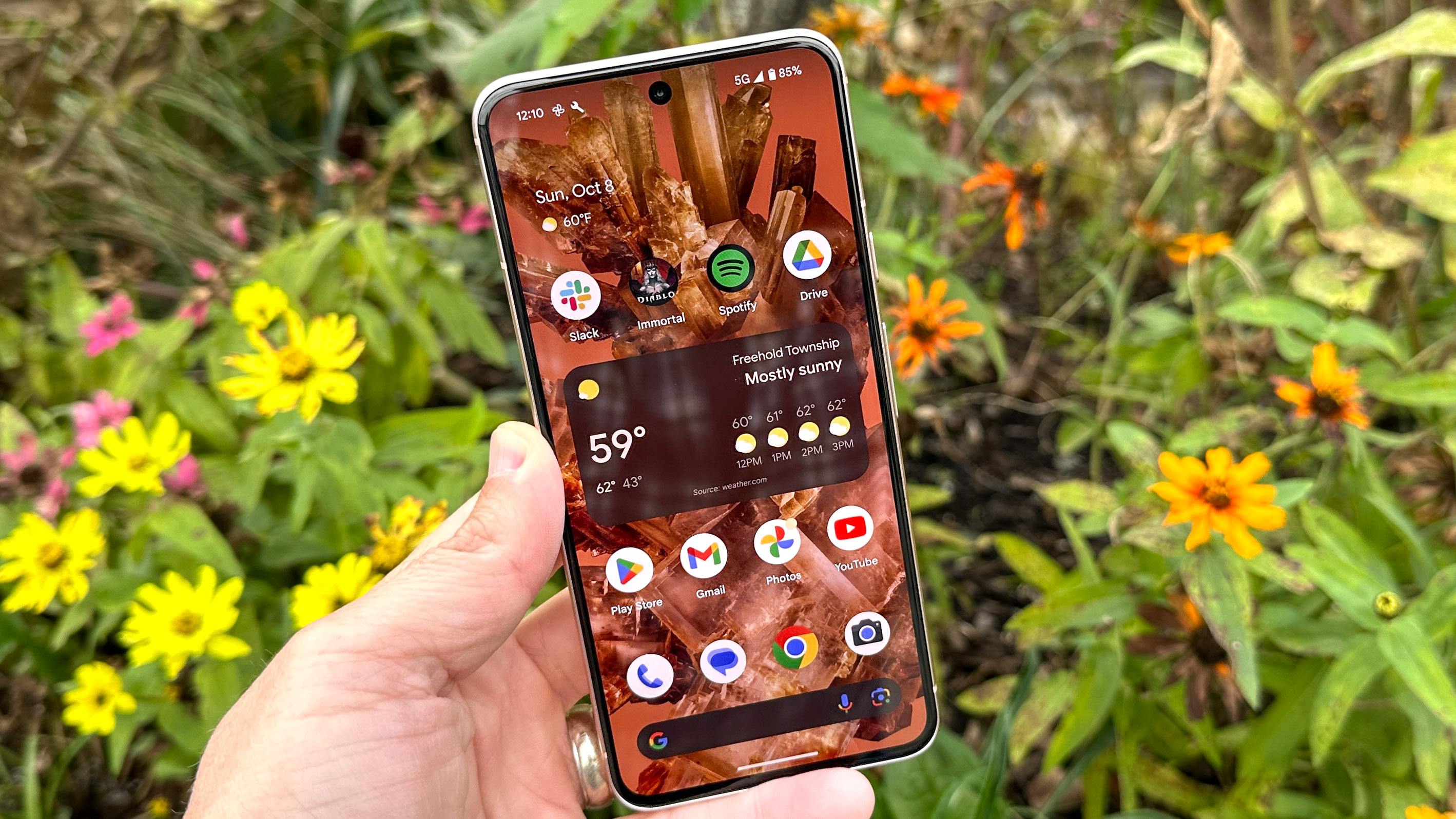
Android 15 improves Bluetooth connection with a new pop-up menu. In the current system, users have to go through the settings to find and sync with new devices, but now all a user has to do is find the quick select tile and press and hold it, which opens the new pop-up. Finally, it will also be easier to find and broadcast from any compatible Auracast device without needing to sync devices.
Outside of Bluetooth, Android 15 also introduces a high-quality webcam toggle when using the USB webcam feature on a Pixel device. This mode will help to improve the overall quality, but it will lead to a higher battery drain and increased heat generation. Google Pixel users will also be able to control the volume of Google Home Speaker groups while casting.
Finally, Android 15 extends support UMP support to virtual MIDI apps: this enables composition apps to control synthesizer apps as a virtual MIDI 2.0 device in the same way they would with a USB MIDI 2.0 device. Android 15 also upgrades the Health Connect feature by including support for new data types across fitness, nutrition, and more. The current Beta 2 release added skin temperature and training plans as additional data types.
Android 15: Settings and Security
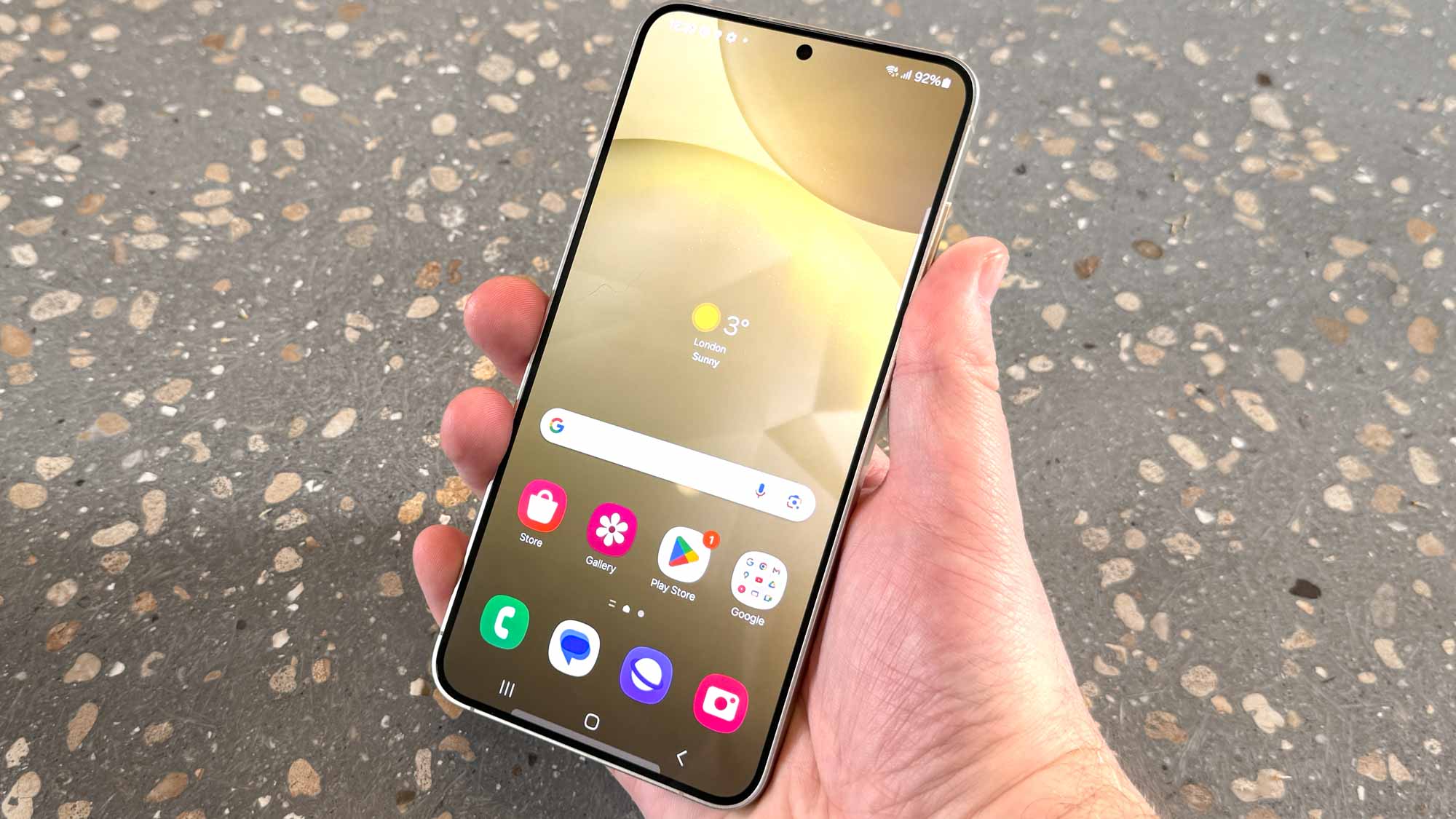
Android 15 sees a few updates coming for the settings of the phone, including a brand-new diagnostic menu. This menu allows users to see what certain faults are with their screen, battery, and storage health. The developers have also made it easier to understand how much space the OS is taking by splitting the "systems" category in the storage menu into two new settings — "OS" and "temporary files."
Android 15 will also allow users to select a default wallet app, making it easier to keep to your preferences. There will also be a new sensitive notification feature that makes sure malicious apps can't read OTPs that come as part of 2-factor authentication.
One big change for Android 15 is that Bluetooth now has an auto-on toggle. If you turn off Bluetooth for whatever reason, this switch will turn it back on the following day without requiring you to do anything. This is likely an addition to help the recent improvements to Find My Device, which requires the phone to have its Bluetooth on.
Android 15 also sees some API-related updates from ICU 74, which include new characters, emoji, security mechanisms and corresponding APIs and implementations. The update also has better NFC experiences and PDFRenderer API that allows apps to render password-protected PDF files and annotations.

Android 15 will also incorporate the latest version of Privacy Sandbox on Android, meaning that the sharing of user data will be limited to apps with a healthy ecosystem. Adding on to this, it also introduces a new FileIntegrityManager API that helps protect cryptographic signatures, which will be a relief for developers.
It will also allow apps to detect when they are being recorded, meaning developers can include APIs that automatically block off sensitive information. The security updates aren't all locked to developers, however, as users get access to Private Space. This feature allows users to create a separate space for sensitive apps on their device, requiring additional authentication to access them.
In enhancing its security, the new software makes it so that the device requires fingerprint authentication, or another lock screen option, to change the USB mode on your phone when connected to a computer. It will also be possible to activate two new security features: Security Notifications and a Require Encryption feature. These are both designed to help combat Stingray Hacks.
Android 15 has an added flag that blocks apps that don't match the top UID on the stack from launching activities, meaning malicious apps that hijack another app's activity and then overlay themselves over the top to trick the user won't be as successful. Android 15 also allows apps to highlight only the most recently selected images and videos when granted partial access permission.
Android 15: Satellite
Android 15 sees extended support for satellite connectivity. This includes new UI elements that will help the user to be aware when they are connected to a satellite. The update will also provide support for SMS and RCS apps to use the connection to send and receive messages, meaning the days of satellite communication being used solely for emergencies are over.
Android 15: Foldable devices
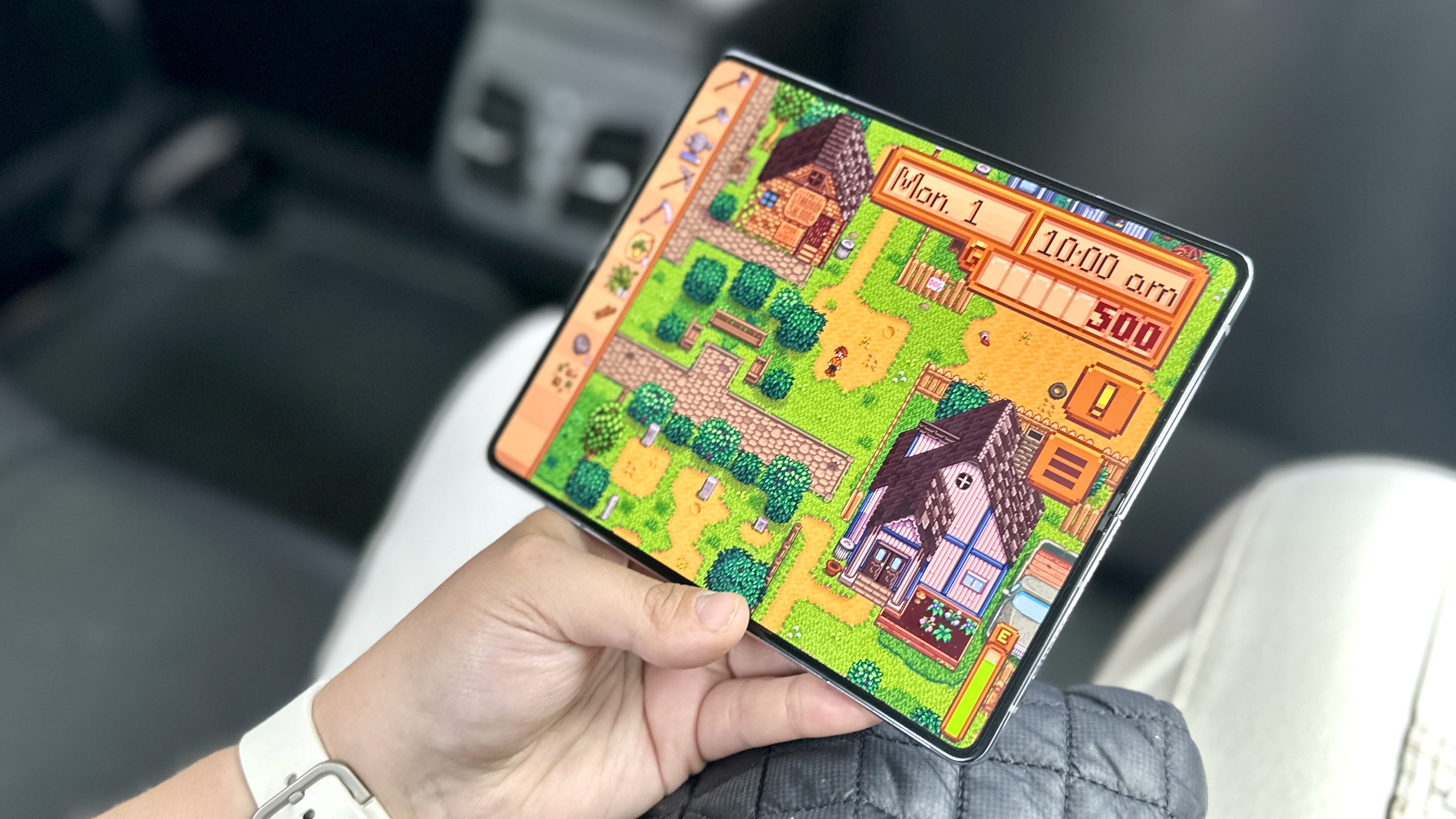
Google's making changes that will impact Galaxy Z Fold 5 fans and other foldable devices. The biggest changes include better cover screen support, which allows developers more resources to format their app to better present on the smaller cover screen.
The new software will also change how we use apps on foldable phones. The update will make it so can turn the front display on whenever you fold your device or set it to lock automatically. There will also be a new swipe-up to continue option that will allow you to resume apps on the cover screen by swiping up when you fold your device.
When it comes to multitasking, users will be able to save their favorite app pairs rather than having to load them up each time they are deleted. Users can add the icon of their favorite pairing to the home screen, making it much easier to launch two apps in conjunction. Lastly, there's a new 'always on' toggle for the taskbar that allows users to choose if they prefer the bar to remain on screen at all times rather than vanishing over time.
Android 15: Controls
We're getting few changes to how we control our devices too, with one of the biggest being predictive back, which was originally promised in Android 14. This feature will allow users to better navigate between apps, browsers and menus while using gesture navigation by using built-in animations to inform users where their actions will take them.
There are also pill-shaped sliders in the expanded volume panel, which you can slide to change the volume and mute with a single click. You can also collapse the expanded panel with a click, this makes it much easier to adjust the volume of your media with pinpoint precision.
Android 15: Performance
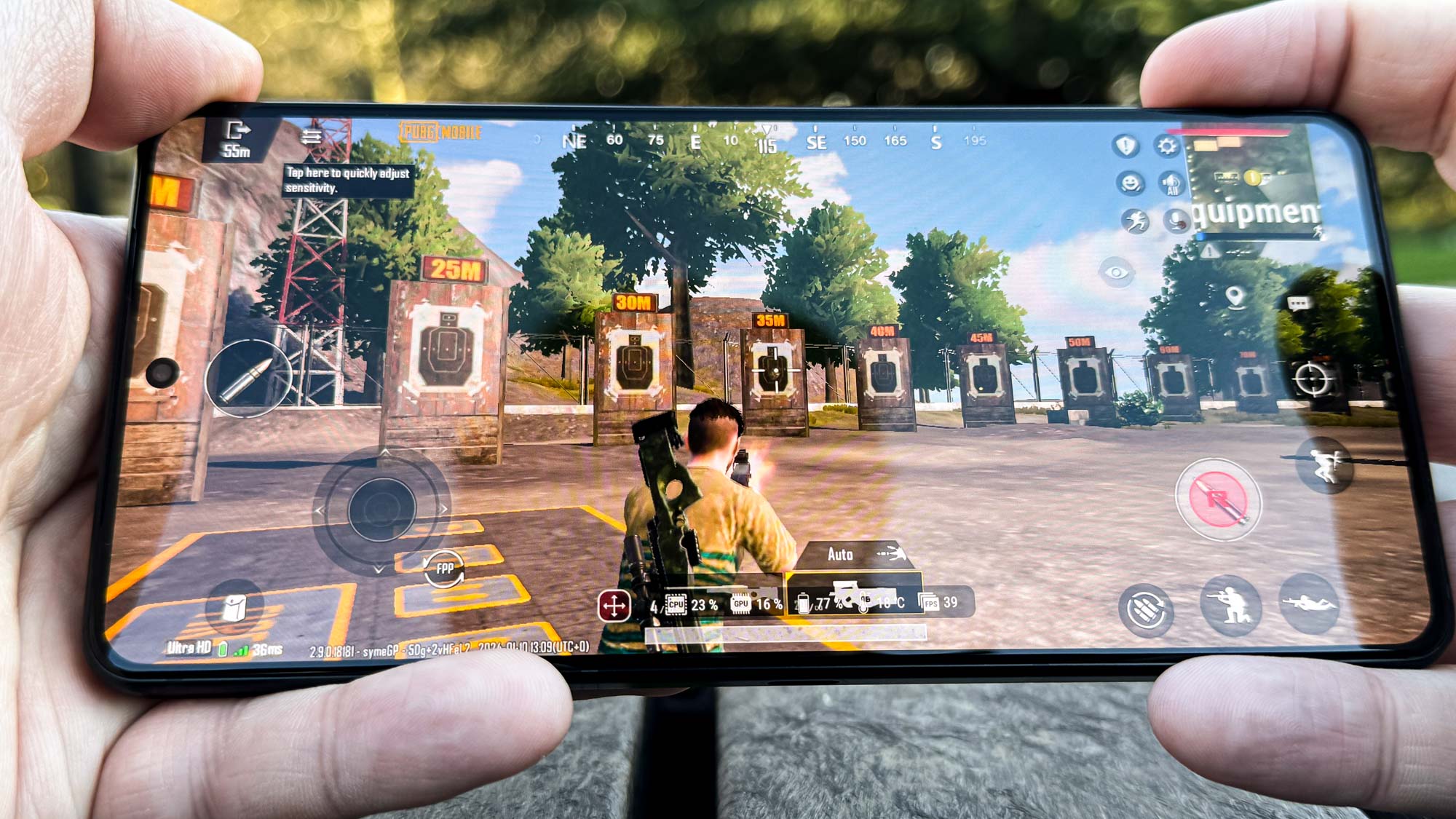
There are also several new additions that are aimed towards helping the phone's performance, and by extension, the user experience. Firstly, Android 15 includes several improvements like the Android Dynamic Performance Framework (ADPF). This a set of APIs that are designed to allow games and performance-insensitive apps to interact directly with the phone's power and thermal system. The changes coming with Android 15 are a new power efficiency mode, Hints sessions reporting on CPU and GPU work durations, allowing the system to adjust the frequencies and new thermal headroom thresholds.
Google will also borrow a feature from Apple which allows you to archive apps. Archiving an app essentially removes most of its working files, but retains a stripped-down version on the device which will save some overall memory. Android 15 will allow apps that run off of WebView to run slightly better due to locking the system's library into memory.
Android 15 will also be bringing dav1d, a popular AV1 software decoder from VideoLAN, to Android devices. It also appears that Android 15 will lead devices to enter doze mode faster, which will lead to an improved standby battery life. We will also see new APIs that allow apps to track their app startup and stop state as well as offer the ability to disable default frame rate for games, limiting them to 60Hz.
Developers will also have the option to toggle the visibility of irrelevant UI elements in the PiP window, ensuring better PiP entry for users. Finally, Android 15 includes support for devices that use larger page sizes, including 16KB pages in addition to the standard 4KB pages. This means that devices that use larger page sizes will see an improved performance for memory-intensive workloads.
Android 15: Outlook
While it might not look like it's full of features that contain the wow factor of Apple Intelligence, what Android 15 delivers is a bunch of additions that aim to improve the overall user experience. The addition of new and improved controls, accessibility and even support for foldable devices, is enough to call this a must-download.
We don't currently have an exact release date for Android 15, but the third beta was recently released, meaning that we can't be too far off. In the meantime, keep an eye on our Android 15 guide for all the news and rumors as we hear them.
More from Tom's Guide
- Samsung Galaxy Unpacked Summer 2024: Galaxy Z Fold 5, Galaxy Watch Ultra, Galaxy Ring and more
- The Motorola Razr Plus 2024 could blow away Galaxy Z Flip 6 — here's why
- Samsung Unpacked announced for July 10 — get ready for the biggest Samsung event in years

Josh is a staff writer for Tom's Guide and is based in the UK. He has worked for several publications but now works primarily on mobile phones. Outside of phones, he has a passion for video games, novels, and Warhammer.
 Club Benefits
Club Benefits















